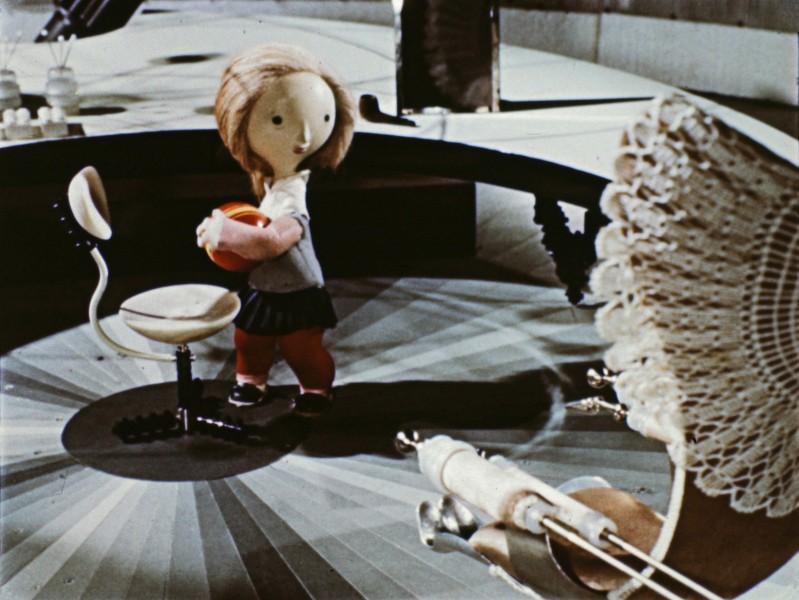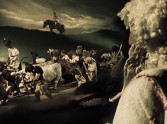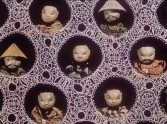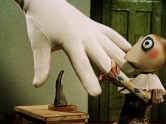
Jiri Trnka, Puppet Master
Revered as the pioneer of a remarkable new genre of animation that utilized puppets, Jiri Trnka (b. 1912) conveyed the drama and psychology of his characters through his figures’ body language, expressive lighting and camera movement. The director’s approach to puppet film as a serious art form was borne out of the lively Czech puppet theater tradition, which helped preserve the language over centuries of Hapsburg rule, when there were no Czech schools, theater, or books published in the language. Already a prolific artist, author and beloved book illustrator in his country, Trnka made films that had an enormous impact on the development of Czech animation, and he inspired the careers of generations of filmmakers and animators around the globe. Trnka’s body of work as a director—eighteen short and six feature-length animated films in total—was rivaled only by Walt Disney Studios in output and brought him international acclaim, from Cannes to Venice and beyond. With his puppet animation studio, founded in 1946, he helped lay the groundwork for Czech animation predominance alongside stop-motion animation masters Karel Zeman, Hermina Tyrlova, Jan Svankmajer and Jiří Barta.
This essential series will present twenty-two of the artist’s films, including several newly translated works and the US premieres of two new digital restorations: Trnka’s Venice Film Festival prize-winning first feature The Czech Year and Old Czech Legends, a breathtaking collection of Bohemian myths. The lineup also features Trnka’s Shakespeare adaptation A Midsummer Night’s Dream; his subversive, absurdist, anti-authoritarian trilogy The Good Soldier Svejk; and two distinct shorts programs featuring the filmmaker’s unique early work in hand-drawn cartoons (including Cannes Film Festival prize-winning The Animals and the Brigands), his magical family-friendly works, and his later, more formally and politically defiant films (featuring his final masterpiece, The Hand, about the plight of artists toiling under the restrictions of a totalitarian government). – Irena Kovarova, Comeback Company
















